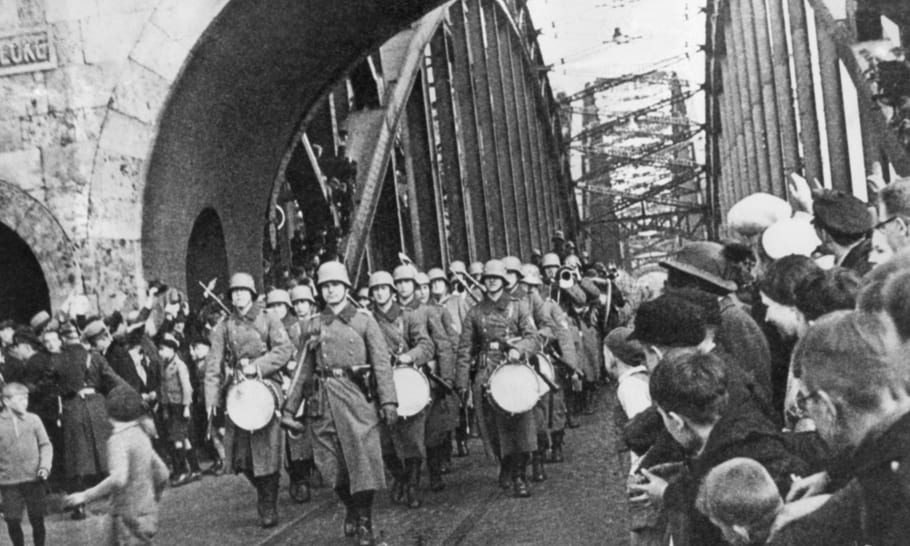Handling pressure is hard. However, some manage to not only thrive in the midst of pressure but soar above it. Take the concentration camp inmate who saved his life by designing a calculator for the Nazis. Or the admiral in charge of a tiny naval force, who averted disaster with a suicidal charge against a mighty armada. Following are thirty things about those and others who came through big time under immense pressure.

30. A Mechanical Marvel Created in a Concentration Camp by an Inmate Ordered to Make a Gift Suitable for Adolf Hitler
Nowadays, just about everybody has easy access to a calculator in the form of a smartphone app. Even those old Nokia cellphones from decades ago had calculators on them, and before that, decent portable electronic calculators could be had for under $10. It wasn’t always so. Within the living memory of many, the notion of doing calculations on a gizmo small enough to fit into one’s pocket seemed like the stuff of sci-fi fantasies. Except, that is, for mechanical calculators.

Before electronic calculators rendered them obsolete, mechanical calculators were the go-to device for number crunchers. For the hip number cruncher, the hottest ones were the Curtas – small gadgets with a crank on top, that looked like pepper mills. The Curta was a marvel that performed all kinds of arithmetic functions, purely mechanically, with great precision. What few knew was that it was born in a German concentration. Its creator, Curt Herzstark, was an inmate ordered to make a machine fit for a present to Adolf Hitler. Talk about pressure.

